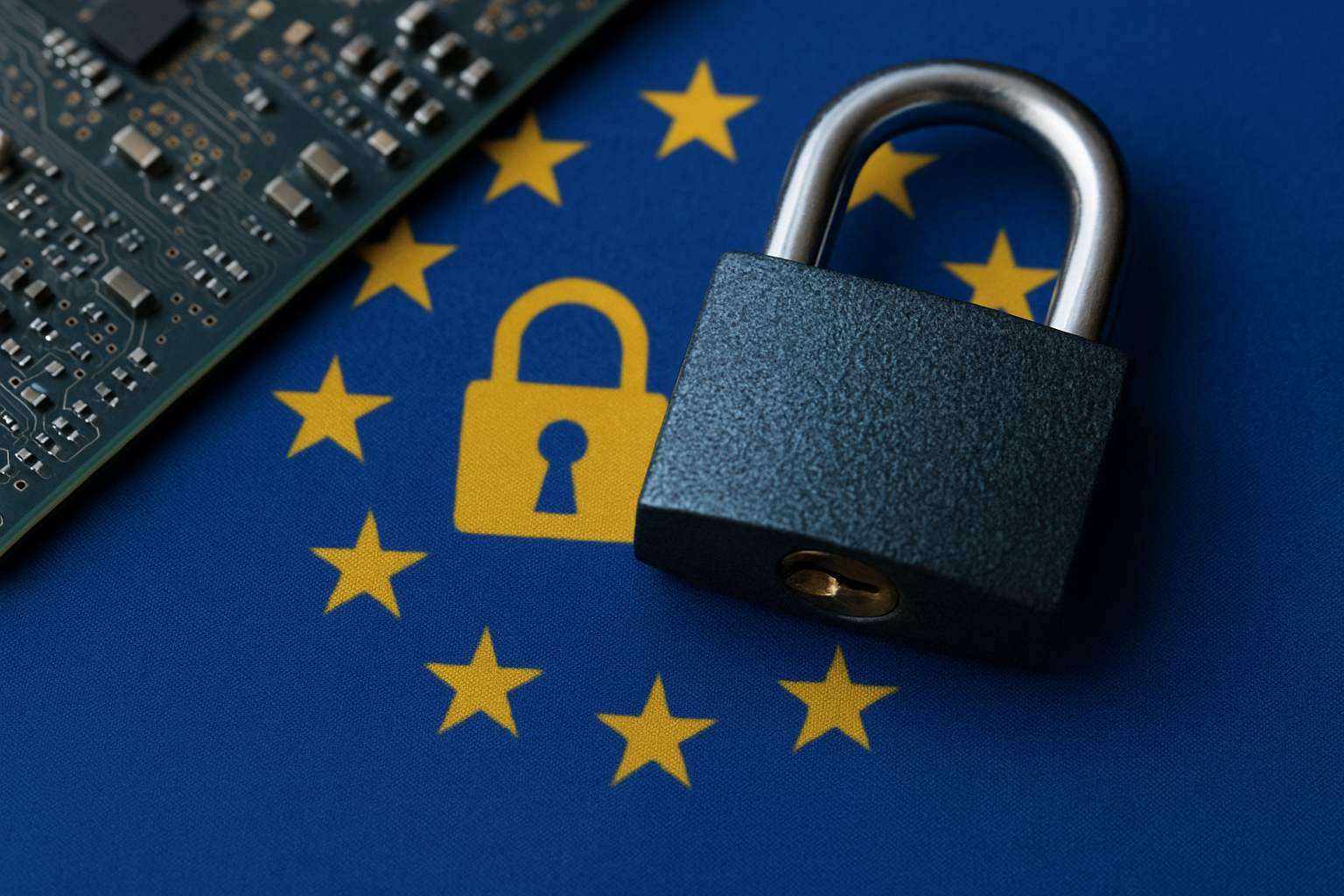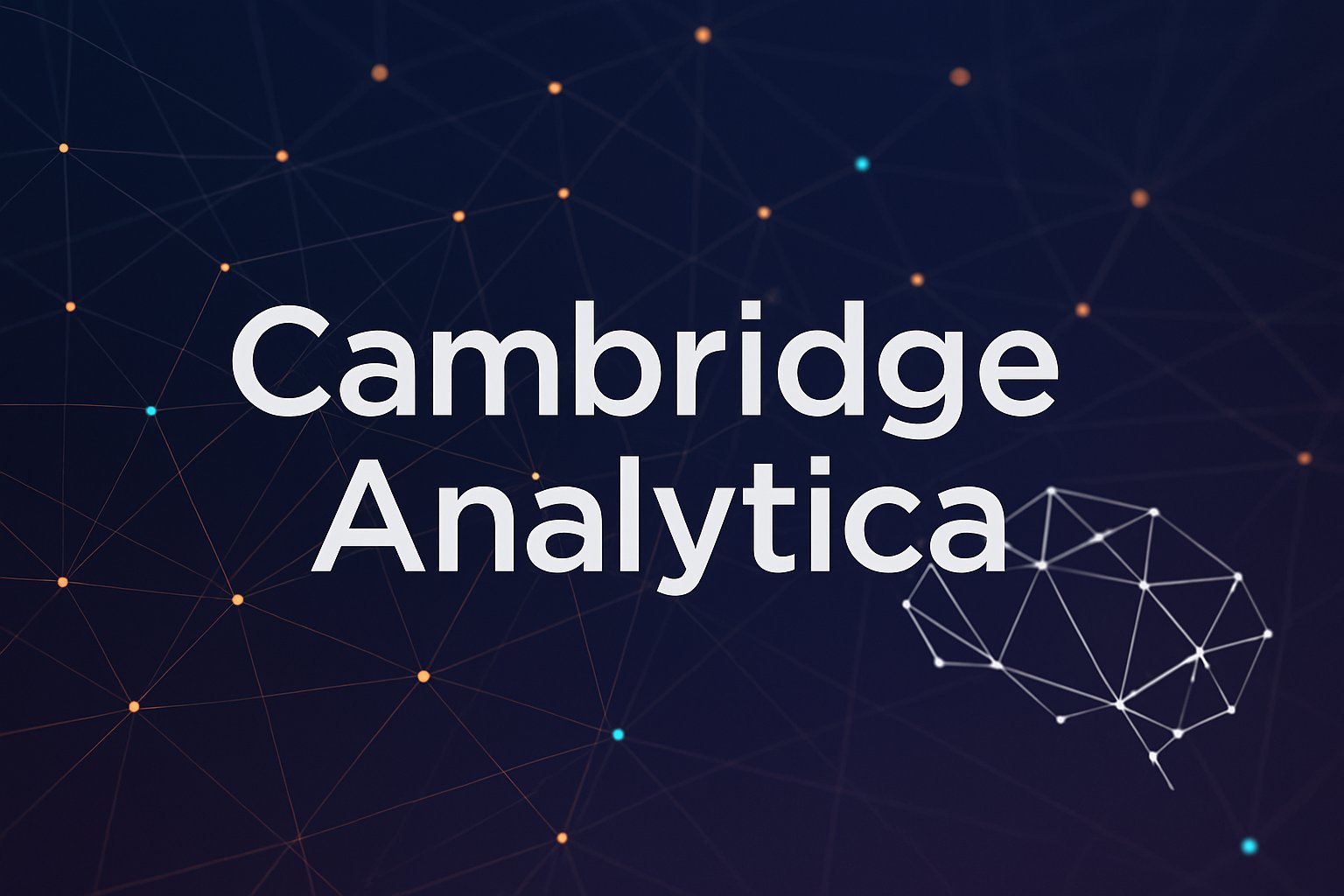What is the GDPR?
The General Data Protection Regulation, better known as GDPR, is a landmark privacy law adopted by the European Union in 2016 and enforced since May 25, 2018.
It sets the rules for how organizations collect, process, and store personal data — not just in Europe, but worldwide, whenever data from EU residents is involved.
The regulation replaced the 1995 Data Protection Directive and aimed to give individuals greater control over their personal information in a digital era dominated by social networks, apps, and online advertising.
Why the GDPR was created
The idea behind GDPR arose from a simple observation: technology had outpaced existing privacy laws.
People were sharing vast amounts of personal data without realizing how it was being collected, analyzed, and monetized.
The Cambridge Analytica scandal accelerated public demand for accountability.
It exposed how data could be harvested without consent and used to manipulate behavior.
European lawmakers recognized the need to update privacy protections to fit the realities of the Internet age.
Core principles of the GDPR
GDPR is built around seven key principles that define how personal data must be handled:
- Lawfulness, fairness, and transparency: Data collection must be clear, legal, and honest.
- Purpose limitation: Data must only be used for the purpose for which it was collected.
- Data minimization: Only necessary data should be collected and processed.
- Accuracy: Personal data must be kept up to date and corrected if inaccurate.
- Storage limitation: Data should not be stored longer than necessary.
- Integrity and confidentiality: Data must be protected from unauthorized access or breaches.
- Accountability: Organizations must be able to demonstrate compliance with all the above principles.
Who must comply with the GDPR?
The regulation applies to any organization that processes the personal data of EU citizens — regardless of where the company is based.
That includes American, Asian, and Middle Eastern firms offering products or services to European users.
In other words, if a U.S. company runs ads targeting France or collects emails from users in Germany, it must comply with GDPR obligations.
This global reach makes the GDPR one of the most influential privacy frameworks in the world.
The rights it gives to individuals
One of GDPR’s biggest achievements is giving people tangible rights over their data.
These include:
- The right to access — you can ask any company what data it holds about you.
- The right to rectification — you can correct inaccurate or outdated information.
- The right to erasure (or “right to be forgotten”) — you can request that your data be deleted.
- The right to data portability — you can move your data between services easily.
- The right to restrict processing — you can limit how your data is used.
- The right to object — you can refuse certain uses of your data, including for marketing.
- Rights related to automated decision-making — protection against profiling and algorithmic bias.
How companies must adapt
Under GDPR, organizations must rethink how they handle data.
They must obtain explicit consent from users before collecting or processing personal information.
Privacy policies must be written in clear language — no more hidden legal jargon buried in 20 pages of fine print.
Companies must also appoint a Data Protection Officer (DPO) if they process sensitive or large-scale data, maintain detailed records of processing activities,
and notify authorities within 72 hours of a data breach.
What happens when companies break the law?
GDPR has real teeth. Regulators can issue fines of up to €20 million or 4% of a company’s global annual revenue — whichever is higher.
These penalties have motivated companies to take compliance seriously.
Major tech firms such as Google, Meta (Facebook), and TikTok have already faced multi-million-euro fines for violations,
including failing to obtain proper consent or not being transparent about how user data is used for advertising.
How GDPR changed global privacy standards
The GDPR inspired a wave of similar legislation around the world.
Countries such as Brazil (LGPD), Japan (APPI), and the U.S. state of California (CCPA) introduced comparable frameworks.
Together, they mark a shift toward treating privacy as a human right rather than a corporate privilege.
Even non-EU companies now adopt GDPR-like practices to maintain consumer trust.
The law effectively created a global “gold standard” for digital privacy.
GDPR and artificial intelligence
As artificial intelligence becomes central to data processing, GDPR’s principles are being tested.
AI systems rely on massive datasets — often containing personal information — to make predictions and decisions.
Regulators are now debating how to ensure that algorithms remain transparent and fair.
The upcoming EU AI Act is designed to complement GDPR by setting stricter rules for high-risk AI systems.
Together, these laws aim to balance innovation with the fundamental right to privacy.
Challenges and criticisms
Despite its strengths, GDPR faces criticism.
Small businesses argue that compliance is costly and complex.
Some experts say the law still struggles to keep up with new technologies like blockchain and biometric surveillance.
Enforcement has also been uneven.
While large tech companies attract media attention, many smaller violations go unpunished.
Still, GDPR’s impact on corporate culture — forcing privacy to become a board-level concern — is undeniable.
Takeaway: The GDPR transformed how we think about personal data, giving citizens power and forcing corporations to act responsibly.
It is far from perfect, but it set a global precedent for privacy, transparency, and digital accountability — lessons that remain crucial in the age of AI and data-driven influence.







